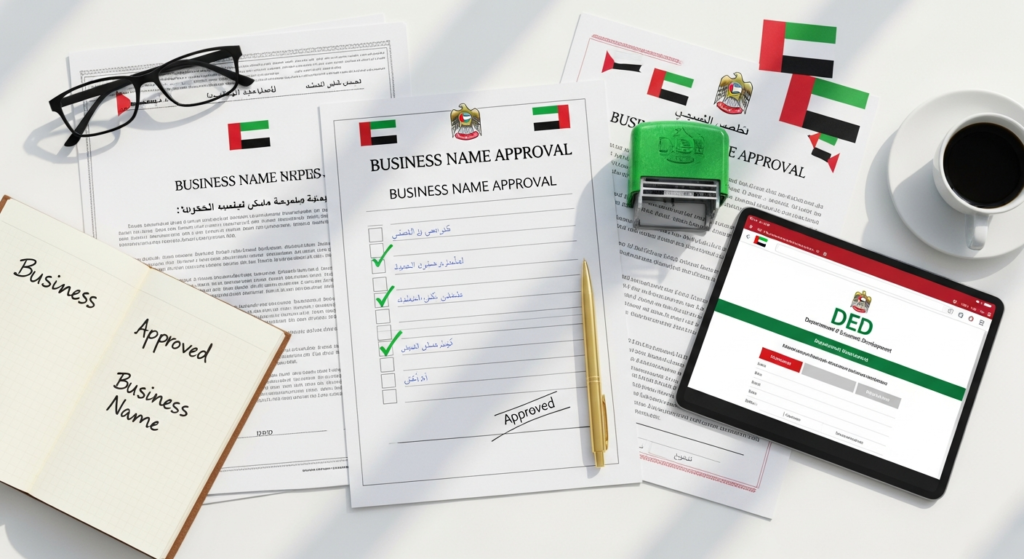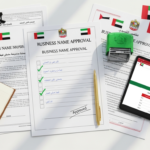UAE Introduces 15% Corporate Tax for Multinationals

Why the UAE Is Adopting a 15% Corporate Tax
The UAE, long celebrated for its 0% corporate tax free zones, will introduce a 15% tax for multinational companies (MNCs) earning over €750M (~AED 3.15B) globally, starting 15 January 2025. This aligns with the OECD’s Pillar Two Global Minimum Tax (GMT), a 135-nation effort to curb profit shifting. For Dubai-based MNCs, this means balancing the UAE’s tax-friendly reputation with new compliance realities.
Key drivers behind the reform:
- Global Transparency: Meet FATF standards after UAE’s 2023 AML upgrades.
- OECD Compliance: Avoid EU’s “non-cooperative jurisdiction” blacklist.
- Revenue Diversification: Reduce oil dependence (non-oil GDP now 72% of UAE economy).
Who’s Affected? Breaking Down the 15% Tax Scope
Thresholds and Exemptions
| Criteria | Details |
|---|---|
| Revenue Threshold | €750M+ global revenue (AED 3.15B+) |
| Affected Entities | UAE-based HQs, subsidiaries, branches |
| Exemptions | Government entities, NGOs, natural resources |
Dubai Free Zones like DIFC and DMCC retain 0% tax on qualifying income, but MNCs must segregate domestic vs. global revenue.
Sector-Specific Impacts
- Tech & Digital Services: Tax applies to cross-border SaaS/IP royalties.
- Logistics: Supply chain restructuring for GCC-based operations.
- Banking: Compliance costs to rise 18-25%, per UAE Central Bank estimates.
Case Study: A Dubai-based fintech MNC with €1.2B revenue avoided double taxation by restructuring its licensing agreements through ACL Tax Consultants.
Navigating Compliance: Deadlines, Penalties, and Preparation
Key Dates (2024–2025)
- 31 March 2024: Draft Master File/Local File submissions.
- 30 June 2024: Substance reporting for Free Zone entities.
- 15 Jan 2025: 15% tax enforcement.
Penalty Framework
| Violation | Penalty (AED) |
|---|---|
| Late GMT filing | 50,000 + AED 1k/day |
| Incomplete transfer pricing docs | 20% of tax underpaid |
| Non-disclosure of foreign assets | 100,000 |
Example: A Jebel Ali trading firm saved AED 420K in penalties by automating filings via ACL’s AI Tax Assistant.
Strategic Responses for UAE-Based MNCs
4 Ways to Mitigate Tax Liability
- Free Zone Optimization
- Segregate global revenue from UAE-qualifying income.
- Use DMCC/DIFC entities for domestic operations.
- Transfer Pricing Adjustments
- Benchmark intercompany transactions using OECD-approved methods.
- ACL’s software auto-generates CbCR templates and audit trails.
- R&D Tax Credits
- Claim up to 50% rebate for R&D in Dubai-designated zones.
- Debt Financing
- Shift equity to debt in high-tax jurisdictions (interest deductibility applies).
H3: Role of Technology in Compliance
- Blockchain Reporting: Track cross-border transactions in real time.
- AI Audits: Flag discrepancies 6x faster than manual checks.
- Cloud ERP Integrations: Sync SAP/Oracle data with FTA portals.
ACL Tax Consultants deploy tailored tools for Dubai clients, reducing compliance costs by 35%.
UAE vs. GCC: Regional Tax Comparisons
| Country | Corporate Tax Rate | Free Zone Benefits | GMT Compliance |
|---|---|---|---|
| UAE | 15% (MNCs) / 9% (others) | 0% on qualifying income | Full adoption 2025 |
| Saudi Arabia | 20% + 15% Regional HQ Tax | Limited exemptions | Partial (2026) |
| Qatar | 10% | 0% for 10+ years | Not yet adopted |
Takeaway: UAE remains competitive for HQs due to free zones, but MNCs must strategize regional profit allocation.
The Road Ahead: Long-Term Implications for UAE Businesses
2025–2030 Projections
- Shift in FDI: Tech and green energy firms to dominate MNC inflows.
- Local Hiring Incentives: Tax rebates for Emiratisation compliance.
- Digital Taxes: Potential expansion to NFTs/metaverse transactions.
Why Partner with Corporate Tax Consultants in Dubai?
Dubai’s tax complexity post-2025 demands expertise in:
- Multi-Jurisdictional Filings: Aligning UAE returns with EU/US reporting.
- Dispute Resolution: Handling FTA audits and cross-border disagreements.
- SME Guidance: ACL’s VAT services in Dubai integrate with GMT workflows for holistic support.
The UAE’s 15% tax reinforces its commitment to global standards while preserving local incentives. For MNCs, proactive planning with ACL Tax Consultants
—Dubai’s top-rated corporate tax advisors—is critical to balancing compliance and competitiveness.










